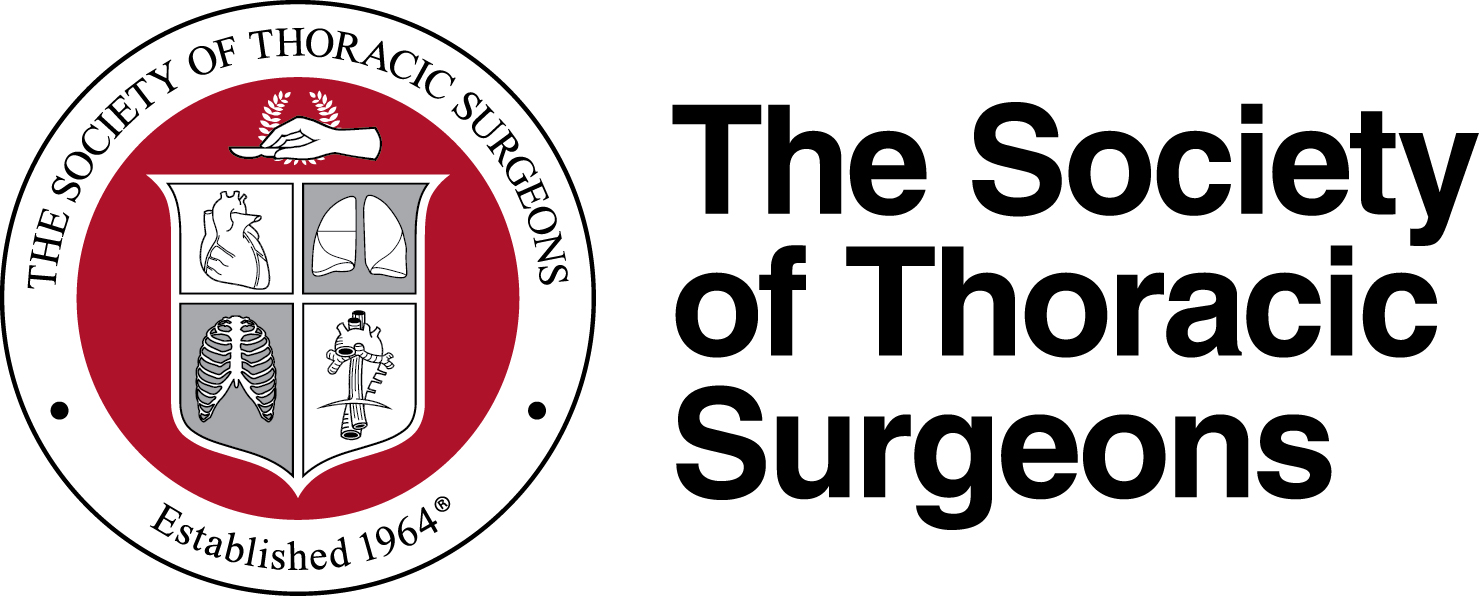Newswise — Chicago – Data from a national registry developed to track patient safety and real-world outcomes finds that the initial use of transcatheter aortic valve replacement (TAVR) for treatment of aortic stenosis in high surgical risk and inoperable patients in the United States is safe and effective. The data, published as a study in the November 20 issue of The Journal of the American Medical Association, confirms results of pre-market clinical trials and represents the first public report from The Society of Thoracic Surgeons/American College of Cardiology Transcatheter Valve Therapy (TVT) Registry™.
“The large volume of data in the registry provided an excellent source to promptly examine patient characteristics and outcomes,” said lead author Michael J. Mack, MD, from the Heart Hospital Baylor Plano, Baylor Healthcare System in Plano, TX, and Chair of the STS/ACC TVT Registry Steering Committee.
TAVR is an FDA-approved alternative for inoperable or high surgical risk patients with aortic stenosis, the most common acquired valvular disease in adults. With TAVR, rather than removing the diseased valve through open heart surgery, cardiothoracic surgeons and cardiologists inflate a balloon to open the old valve and place a new valve.
The STS/ACC TVT Registry was launched in December 2011, shortly after FDA approval of the SAPIEN transcatheter heart valve. In May 2012, the Centers for Medicare & Medicaid Services (CMS) required all hospitals performing TAVR to capture clinical information in the STS/ACC TVT Registry as a requirement for Medicare coverage. CMS uses hospital data to facilitate outcomes assessment, as well as comparison with other trials and international registries. Building the STS/ACC TVT Registry was a joint effort of STS, ACC, FDA, CMS, the National Institutes of Health, and Duke Clinical Research Institute. It represents the first time that such a broad collaborative group has supported the safe introduction and rational dispersion of new medical devices in the U.S.
“The TVT Registry is the result of two transformational events: the first is based on the approval and now widespread use of TAVR technology in the United States and around the world; and the second is the coming together of professional societies and U.S. regulatory agencies to optimize outcomes of patients with severe valvular heart disease,” said ACC Past President David Holmes, MD. “These events promise to be increasingly important vehicles to help ensure that U.S. patients have efficient access to safe and effective new strategies of care. This first manuscript is the initial delivery of what these transformational events can accomplish.”
The analysis included 7,710 patients who underwent TAVR at one of 224 of the sites participating in the TVT Registry. Among patients included in the analysis, device implantation was successfully achieved in 92% of operations. The overall in-hospital mortality rate was 5.5% and the stroke rate was 2%.
“Given the low in-hospital mortality and stroke rates, our real-world results from this newly introduced technology are similar to the success rates and complication patterns documented in carefully performed randomized trials that resulted in FDA approval,” said Dr. Mack. “The results are also similar to the global experience of TAVR, which is now based on second- and third-generation devices. We think that the American public can feel comfortable that this new registry is an effective means of monitoring the performance of new medical devices after they have been approved. ” He cautioned, however, that longer term follow-up is essential to assess continued safety and efficacy, as well as patient health status.
Future of the TVT Registry The TVT Registry currently has more than 10,000 patient records and enrollment is on track to double that number in the next year. The large number of patient records allows for the development of reliable benchmarks for centers to compare their local results against risk-adjusted national standards. Ultimately this will translate into improved patient selection and optimal patient care.
“We envision the TVT Registry as an evolving portfolio of transcatheter heart valve device modules, as part of the FDA’s new strategic plan for post-market device surveillance,” said STS Research Center Director Fred Edwards, MD, another study author. “As new medical devices are approved in the United States, we intend to incorporate experience with these devices into the registry. This should provide a streamlined approach to national device surveillance and open up new avenues into research focused on the risks and benefits of medical device products.”
###
For more information, contact Cassie Brasseur at 312-202-5865 or [email protected].
About The Society of Thoracic Surgeons Founded in 1964, STS is a not-for-profit organization representing more than 6,800 cardiothoracic surgeons, researchers, and allied health care professionals worldwide who are dedicated to ensuring the best possible outcomes for surgeries of the heart, lung, and esophagus, as well as other surgical procedures within the chest. The Society’s mission is to enhance the ability of cardiothoracic surgeons to provide the highest quality patient care through education, research and advocacy. www.sts.org
About the American College of Cardiology The mission of the American College of Cardiology is to transform cardiovascular care and improve heart health. The College is a 43,000-member medical society comprised of physicians, surgeons, nurses, physician assistants, pharmacists and practice managers. The College is a leader in the formulation of health policy, standards and guidelines. The ACC provides professional education, operates national registries to measure and improve quality of care, disseminates cardiovascular research, and bestows credentials upon cardiovascular specialists who meet stringent qualifications. For more information, visit cardiosource.org/ACC.
About the STS/ACC TVT Registry™ The TVT Registry is a benchmarking tool developed to track patient safety and real-world outcomes related to the TAVR procedure. Created by STS and the ACC, the TVT Registry is designed to monitor the safety and efficacy of TAVR for the treatment of aortic stenosis. www.tvtregistry.org
MEDIA CONTACT
Register for reporter access to contact detailsCITATIONS
Journal of the American Medical Association
